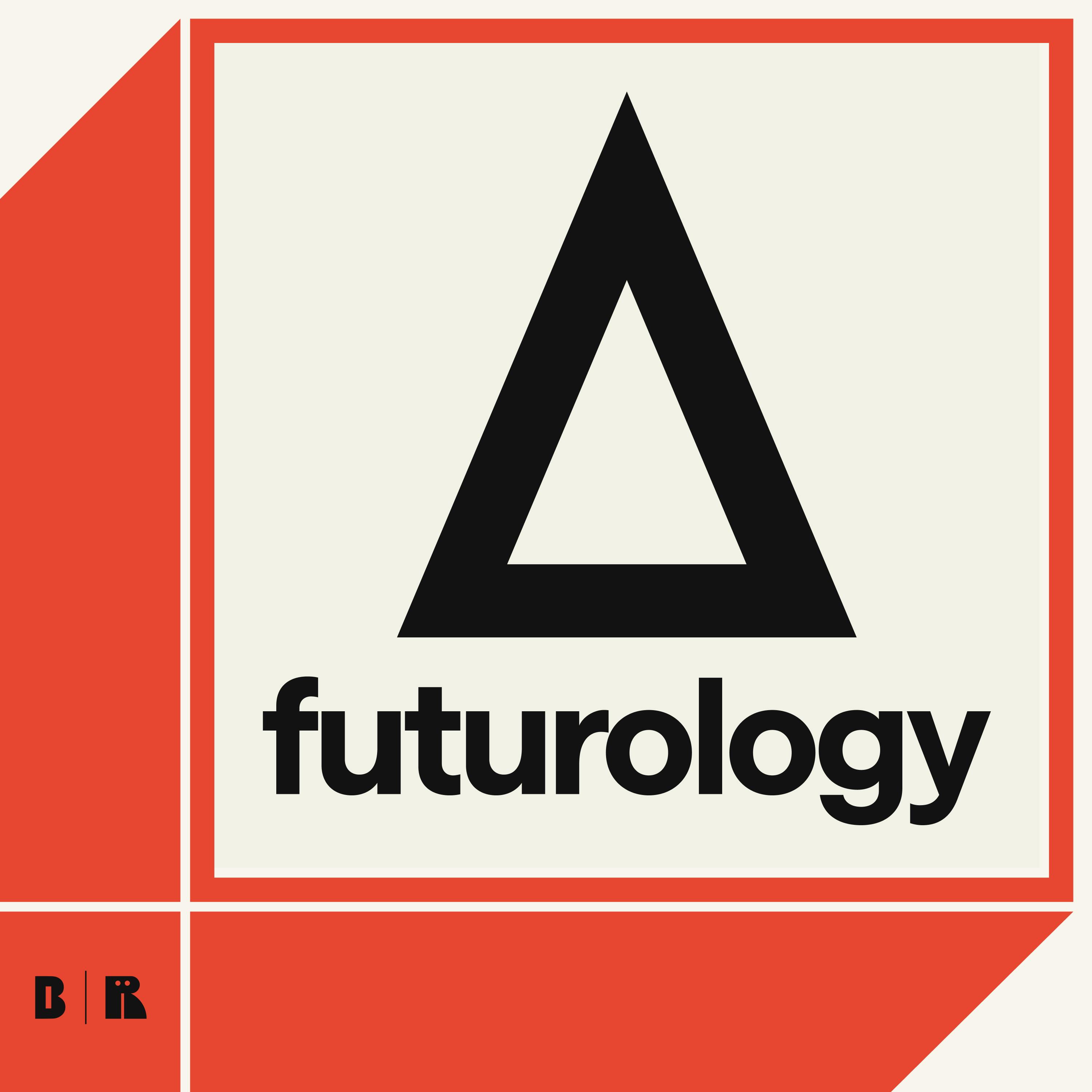Futurology

Futurology
Podcast Description
The future never arrives all at once. It ripples through society long before we know what to call it.
At the Berggruen Institute, we know that we need more than prediction to name what’s next; we need invention. Each week, Institute President Dawn Nakagawa introduces us to scientists and philosophers recalibrating our cosmologies, technologists coming to terms with alien intelligence, and policymakers scrambling to design systems for a world in flux.
Join thinkers and doers from the Berggruen-verse as we imagine a future that we can accomplish together, instead of one that we’re all working to prevent.
Podcast Insights
Content Themes
Focuses on futuristic concepts, artificial intelligence, and global governance with episodes exploring the evolution of Mars rovers and the implications of changing political landscapes, emphasizing the need for innovative thinking.

The future never arrives all at once. It ripples through society long before we know what to call it.
At the Berggruen Institute, we know that we need more than prediction to name what’s next; we need invention. Each week, Institute President Dawn Nakagawa introduces us to scientists and philosophers recalibrating our cosmologies, technologists coming to terms with alien intelligence, and policymakers scrambling to design systems for a world in flux.
Join thinkers and doers from the Berggruen-verse as we imagine a future that we can accomplish together, instead of one that we’re all working to prevent.
We’ve spent decades beaming radio waves into space listening for an answer. But it might be enough to start here on Earth, or more accurately, under the seas. Sperm whales live in complex clans and communicate in rapid-fire clicks. Even if we could decode their messages, is it safe to assume they want to talk to us? What, exactly, would we have to say to them?
The Cetacean Translation Initiative – CETI for whales not SETI for E.T. – is considering the implications of AI translation tools for the ocean’s depths. In this episode of Futurology, CETI Founder David Gruber joins Claire Webb – the director of the Berggruen Institute’s Future Humans program – to explore what it means to approach another intelligence with humility rather than conquest. In the end, creating a direct linguistic connection with another species may be yet another white whale that humanity should abandon as folly. For Gruber, the point isn’t fluency. It’s learning to speak more softly on a planet filled with minds we’ve barely begun to meet.
Resources
Aglow in the Dark: The Revolutionary Science of Biofluorescence — David Gruber & Vincent Pieribone (Book, 2005)
The Art of Translation — Vladimir Nabokov (Essay, 1941)
Songs of the Humpback Whale — Roger Payne & Scott McVay (Scientific Article, 1970)
Songs of the Humpback Whale — Roger Payne & Frank Watlington (Audio Recording, 1970)
Follow David Gruber
Follow Project CETI
Instagram: @ProjectCETI
LinkedIn: Project CETI
Twitter/X: @ProjectCETI
YouTube: Project CETI
TikTok: @ProjectCETI
Want to share suggestions or feedback?
Email[email protected]
Keep up to Date with the Berggruen Institute at:
Instagram: / berggrueninst
Twitter/X: / berggrueninst
Facebook: / berggrueninst
LinkedIn: / berggrueninst
Bluesky /futurologypod
Credits
Executive Producers: Nicolas Berggruen, Nathan Gardels, Nils Gilman, Dawn Nakagawa, and Jason Hoch.
Producers: Grant Slater, Alex Gardels, and Nathalia Ramos.
Associate Producer: Elissa Mardiney
Theme Music: Marcus Bagala.
Audio Engineer: Aaron Bastinelli
Futurology is a production of Studio B and Wavland and distributed by Realm.

Disclaimer
This podcast’s information is provided for general reference and was obtained from publicly accessible sources. The Podcast Collaborative neither produces nor verifies the content, accuracy, or suitability of this podcast. Views and opinions belong solely to the podcast creators and guests.
For a complete disclaimer, please see our Full Disclaimer on the archive page. The Podcast Collaborative bears no responsibility for the podcast’s themes, language, or overall content. Listener discretion is advised. Read our Terms of Use and Privacy Policy for more details.